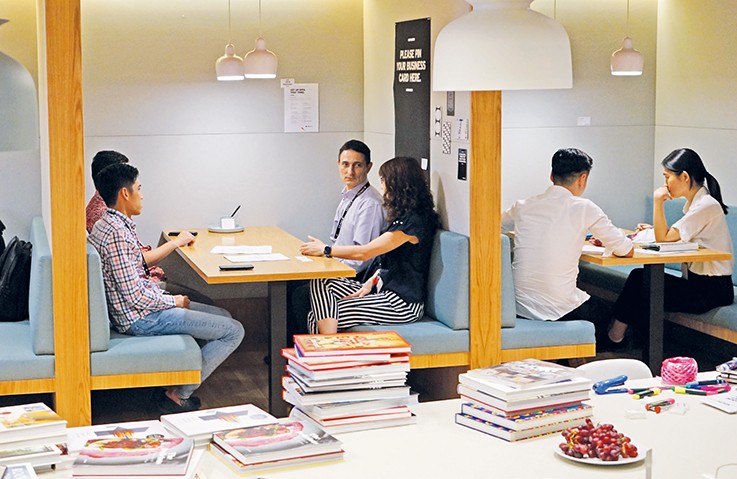
The volume of co-working spaces in the country is expected to grow between 30% and 40% year-on-year post-coronavirus with large corporations and multinational companies being the main drivers.
While having experienced a short-term dip in demand due to the stay-at-home order, co-working space operators are now facing capacity challenges in meeting the safe distancing requirement, said WorkSpacing CEO Robin Ahmed Gofur.
Despite the temporary weaker demand, he said there is less likely a reversion to the conventional office as the Covid-19 pandemic has accelerated the adoption of the new way of working, which offers flexibility and digital services under one roof.
“Firstly, I think there will be growth in co-working spaces in term of volume.
“Secondly, there will be an upgrade and change of the quality and services in co-working spaces, especially when there is more demand from corporate clients,” Gofur told The Malaysian Reserve recently.
He said more corporations have shown interest in shared working spaces, particularly from the telecommunications, information and communications technology, and banking sectors given their ingrained culture and understanding towards digital services and the new working environment.
Gofur added that the communal working spaces will continue to be upgraded in terms of the services they offer to be more than just a space for work. This is in line with higher expectations from corporate clients who look for flexible and cost-effective alternatives of real estate.
“Co-working spaces have evolved to meet the demands of more sophisticated clients. Their needs and demands for facilities and services at the place they work have increased.
“I think other properties will open and become flexible workspaces, but the services are going to be the real attraction.”
While corporate clients are embracing the co-working sphere, Gofur said small and medium enterprises (SMEs), entrepreneurs, individuals and the gig economy are the ones that will continue carrying the co-working space market as per the past 10-15 years.
There are over 60 co-working spaces of about 700,000 sq ft in Greater Kuala Lumpur (KL), according to Savills Research. Regus, Common Ground and WeWork are among top brands with a presence across major cities in the country.
Flexible workspace supply grew by 36% in 2018, making KL the fastest-growing key city in the Asia-Pacific region, according to JLL Asia-Pacific Research.
Gofur, who founded WorkSpacing last year, aims to reinvent the Asian co-working ecosystem by offering essential services such as digital marketing, storage, data security and business concierge, in addition to flexible locations.
The technology-driven solution provider collaborates with co-working space operators in offering multiple locations and other e-services on a unified platform with a single membership.
The company has over 300 locations in the region, including more than 150 locations in Malaysia under its portfolio, and accrued some 400 service suppliers readily to be shared with clients.
“We take clients beyond co-working spaces. Once we help, for instance, a start-up to find a flexible location, the next thing that it might look for is recruitment or digital media services. We bring all of these services on the platform at a touch of a button,” Gofur said.
He said WorkSpacing’s value proposition has made it more appealing to SMEs and large enterprises in finding a flexible working arrangement.
Source: https://themalaysianreserve.com/2020/07/22/co-working-spaces-to-grow-30-40-yearly-post-covid-19/

